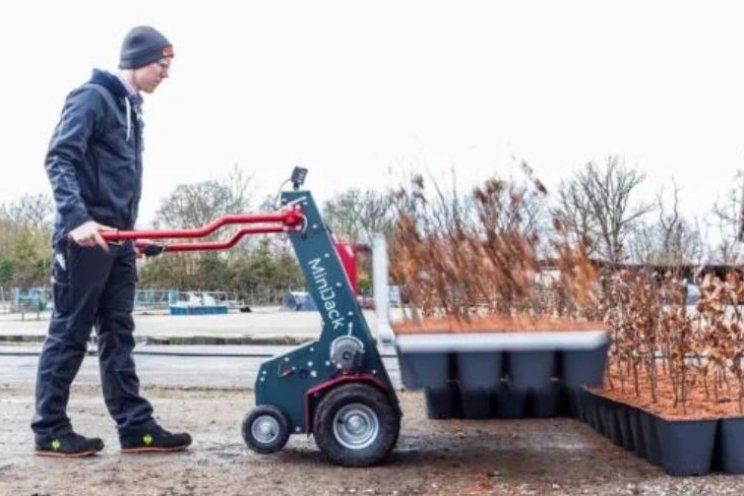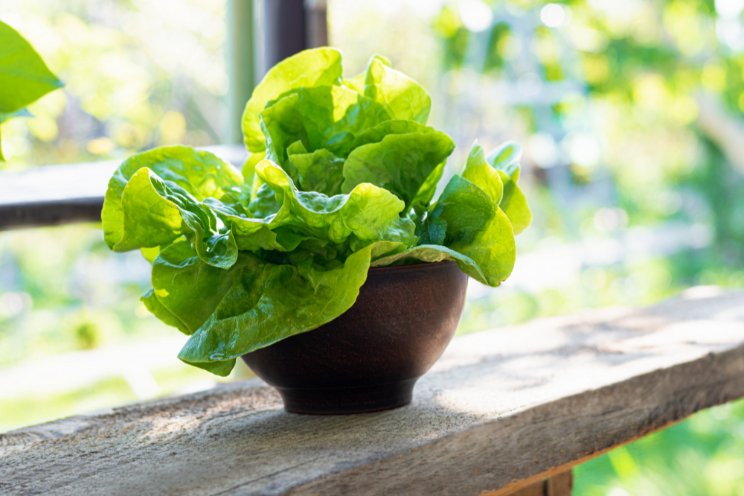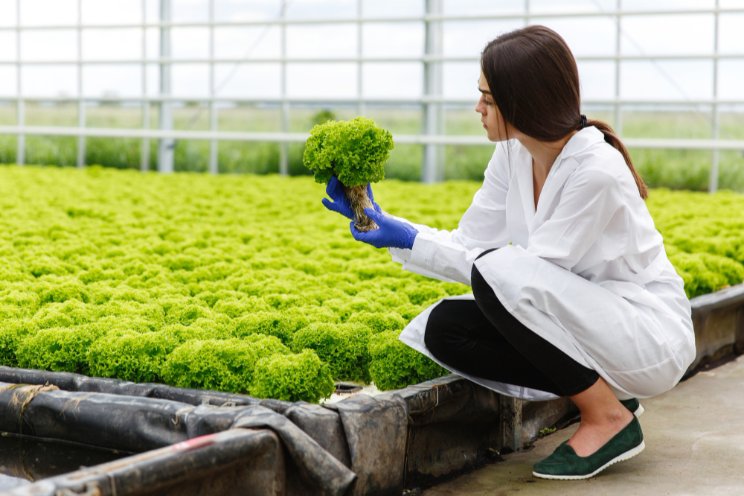Vertical farming not a 'silver bullet' as the lands go unused
Added on 05 April 2022

Chris Faria, the founder of the AgraLiving Institute, added that Government investment into vertical farming was not a "silver bullet" that would help with the problem of food abundance.
He said: "Vertical farming can be one element of creating food security, but it has a limited output in terms of what it can grow, so that's a big challenge.
"It's good for leafy greens and tomatoes, but those are things that are not going to give you the daily calories you need.
"In order for Bermuda as a whole to move towards food security we need to work towards growing grains and high-calorie crops - both of which do not grow in vertical farming."
Mr Faria added: "That's not to say that I don't support it, but to grow food security in Bermuda it's going to take several different methods working together and the limiting factor is the lack of farming knowledge in the community.
"Overall it's short-sighted and small-scoped.
"It obviously is something that's been put together by people who are not farmers and gardeners, nor have they consulted with the Farmer's Association or the Farmer's Board or anybody who knows anything about growing food and growing plants in Bermuda."
Mr Faria was speaking after he explained on Sunday that 375 acres of arable land - the equivalent of 209 football fields and about half of Bermuda's farmland - was not in use.
He added that this contributed to "food poverty" on the island and made it difficult for people to access nutritious food.
Mr Faria said the disuse of arable land was a "crime" and a "sin", adding "it's super ironic in a community that suffers from so much poverty that there is so much land not being used".
He added that commercial farmers competed for less than 20 per cent of the produce market while the rest was imported.
Mr Faria said: "If we all work collaboratively then we can compete with imported produce and then the market share gets wider.
"There's no reason we can't grow at least 60 per cent of our own produce."
Mr Faris said that the "vast majority" of arable land was privately owned and that agreements should be fostered between landowners and budding farmers.
He added that interest in farming had grown over the last several years - but many budding farmers were hamstrung by a lack of farming knowledge and access to arable land.
Mr Faria said: "One acre of agricultural reserve rents for $1,200 a year and most of these fields are smaller fields - they're a third or a quarter of an acre worth $400 a year.
"We have connected with land owners over the last few years who want us to come onto their properties so that can be used for training more sustainable farmers."
Mr Faria said that, while vertical farming could be of some use, it was not a practical model for food production on the island.
He explained that they required structures such as water and electrical systems that would make production costly and lead to expensive foods.
Photo created by jcomp - www.freepik.com
Source: The Royal Gazette
More news















